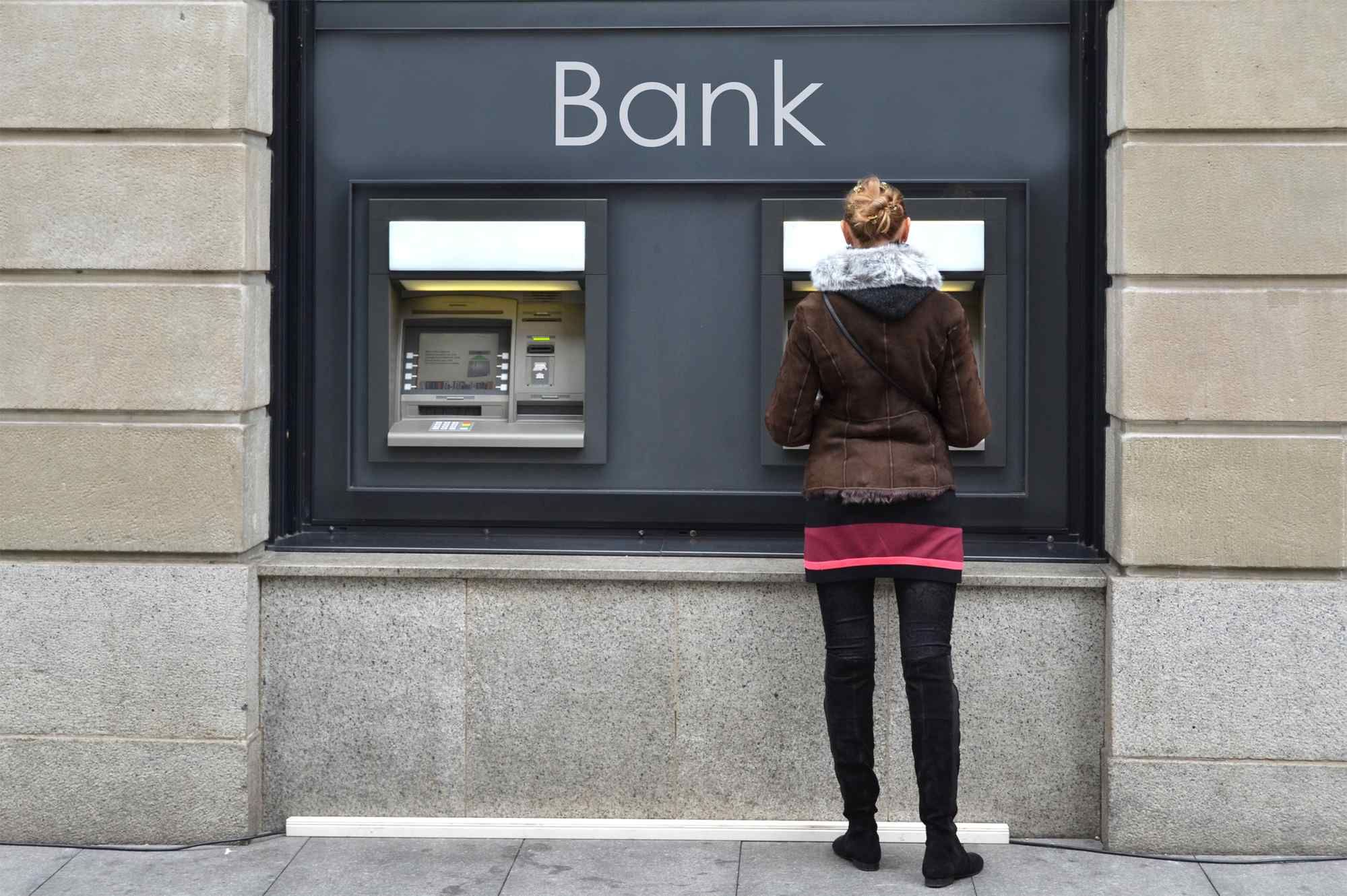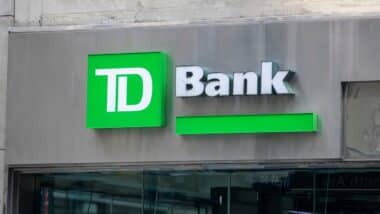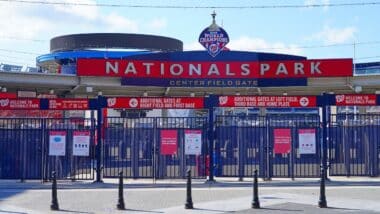
Stopping at an ATM has become such a routine practice among consumers in America that most don’t give a second thought to the fact they might be charged a fee for doing so.
More often than not, banks and even credit unions in California and across the country do charge ATM fees though. It can be helpful to know a little about how credit unions treat ATM fees in order to avoid paying unnecessary charges.
What Is a Credit Union?
A credit union is like a bank in that it provides services including checking accounts, savings accounts, loans and debit cards. Unlike a bank, a credit union is a not-for-profit organization comprised of members who own and control it. Credit union members have some kind of a shared bond that brings them together, be it that they work for the same company, belong to the same civic group, joined the same cultural club or are members of the same family, for example.
Basically, they have something in common and that connection affords them the opportunity to join the same established credit union, or to form their own.
The concept of shared experience that brings credit union members together informs how they benefit from the credit union.
Profits made by credit unions in California, or any other state, are directed back to its members through things like reduced fees – such as ATM fees and overdraft fees – and better interest rates, according to the National Credit Union Administration’s online guide to credit unions.
Though credit unions have a mere 6% of the banking market share in the U.S., they have a lot of customers. As of the first quarter of 2020, more than 122.3 million people belonged to one of the 5,164 credit unions in the United States, the National Credit Union Administration reports. And membership in credit unions has skyrocketed by more than 2,800 percent over the previous five years.
There are 300 credit unions in California alone that provide banking services to more than 12.7 million members, Credit Unions Online says.
What Is the Difference Between a Credit Union and a Bank?

Credit unions are not-for-profit, so any money that is left over after their expenses are paid is filtered back to all of their members. Some credit unions are small, one location operations. Others provide service to whole cities, regions, even states.
How Do Credit Union Fees Compare to Bank Fees?
ATM fees are tacked on to transactions completed via automatic teller machines. Credit unions, banks and independent automatic teller companies operate ATMs. All three can, and often do, charge fees for their use under varying circumstances. The amount of those fees vary by the machine operator and the customer’s credit union or bank.
All credit unions in California are governed by the bylaws and terms of agreement its members establish. As a result, there are no universal policies when it comes to charging ATM fees. Generally speaking though, most all offer their customers 24-hour a day access to their accounts at no charge at some ATMs – the credit union’s own – according to Find a Better Bank.
The majority of ATM fees are charged when customers use out-of-network machines.
A 2019 report by Bankrate.com found that credit unions typically charge members who use out-of-network ATMs $1.50 per use, as compared with banks, which usually charge $2.50.
Do Credit Unions in California Charge Improper ATM Fees?
It is legal for credit unions in California, as in all other states, to charge ATM fees so long as they are properly disclosed to customers.
The federal Electronic Fund Transfer Act requires credit unions inform consumers of all fees they will be charged, and when, in writing prior to charging them. ATM usage fees must also be disclosed to customers – on the screen of the automatic teller machine itself – before they can be charged, giving the customer the option of declining to proceed with the transaction.
Most of the time, a little planning can prevent people from paying ATM fees.
Again, credit unions in California don’t usually charge members to use the credit union’s own network of ATM machines. Customers can check their credit union’s website or mobile app, or call to get a list of ATMs they can use for free.
Customers can also choose a credit union, or a particular kind of account at their credit union, that offers ATM-fee reimbursements. Some offer a full refund, others will rebate up to a certain number of ATM transactions per month, according to the consumer finance website Nerd Wallet.
Customers who have been charged credit union ATM fees without being notified in compliance with the Electronic Fund Transfer Act, or who have been charged in error and whose credit union has not corrected that error, might have grounds for legal action. Some who have been charged illegal hidden fees by banks have even filed class action lawsuits. Top Class Actions can help put consumers who have been hit with illegal ATM fees in touch with experienced lawyers who can help.
Join a Free ATM Fees Class Action Lawsuit Investigation
If you were charged ATM fees without notification when you used an ATM machine, you may qualify to join this ATM fees class action lawsuit investigation.
Attorneys are currently seeking consumers who were charged unexpected ATM fees by banks and/or credit unions in California to potentially serve as a plaintiff in a class action lawsuit.
This article is not legal advice. It is presented
for informational purposes only.
ATTORNEY ADVERTISING
Top Class Actions is a Proud Member of the American Bar Association
LEGAL INFORMATION IS NOT LEGAL ADVICE
Top Class Actions Legal Statement
©2008 – 2025 Top Class Actions® LLC
Various Trademarks held by their respective owners
This website is not intended for viewing or usage by European Union citizens.














